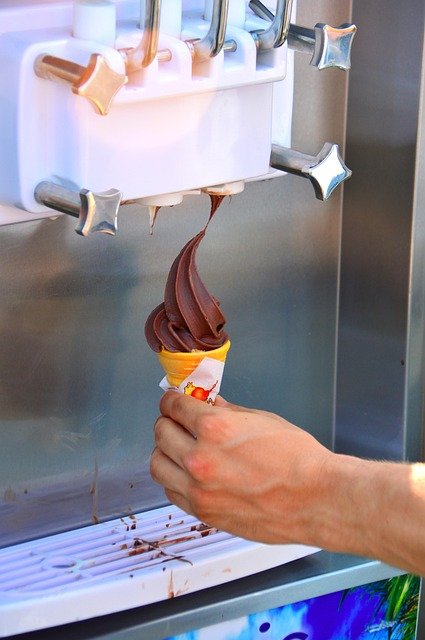Industrial Ice Machine Not Making Ice: Causes & Fixes
July 9, 2025 | by li, moniker

When an industrial ice machine stops producing ice, it can disrupt operations in restaurants, hotels, and other commercial settings. This issue can stem from various causes, ranging from simple maintenance oversights to complex mechanical failures. Understanding why an ice machine fails to make ice is crucial for quick troubleshooting and minimizing downtime. In this article, we’ll explore the most common reasons behind this problem, how to diagnose them, and the best solutions to get your Commercial Ice Maker back in working order. Whether it’s a clogged filter, refrigerant leak, or electrical malfunction, we’ll guide you through the necessary steps to restore optimal performance.
Common Causes of Ice Production Failure
Several factors can prevent an industrial ice machine from producing ice. One of the most frequent issues is low water supply, which may be due to a kinked hose, closed valve, or malfunctioning water inlet valve. Another common culprit is a dirty or clogged water filter, restricting water flow and reducing ice formation. Additionally, faulty thermostats or sensors can misread temperatures, causing the machine to halt ice production unnecessarily. Lastly, refrigerant leaks or compressor failures can impair the cooling process, preventing ice from forming. Identifying these problems early can save time and costly repairs.
Diagnosing Electrical and Mechanical Issues
Electrical problems, such as tripped circuit breakers or faulty wiring, can disrupt power to critical components like the evaporator or condenser. Mechanical failures, including a worn-out water pump or damaged auger (in auger-type machines), can also halt ice production. To diagnose these issues, check for error codes on the control panel and inspect visible wiring for damage. If the machine hums but doesn’t cycle, the compressor or start capacitor may be failing. Regular maintenance, such as cleaning condenser coils and checking electrical connections, can prevent many of these issues before they escalate.
Maintenance and Preventive Measures
Proper maintenance is key to keeping your Commercial Ice Maker running smoothly. Regularly cleaning the machine, including descaling the evaporator plate and replacing water filters, ensures optimal performance. Inspecting the refrigerant levels and checking for leaks can prevent cooling inefficiencies. Additionally, scheduling professional servicing at least twice a year can catch potential issues early. Simple habits, like ensuring proper ventilation around the unit and monitoring water pressure, can extend the lifespan of your ice machine and reduce unexpected breakdowns.
When to Call a Professional
While some issues can be resolved with basic troubleshooting, others require expert intervention. If you suspect a refrigerant leak, compressor failure, or persistent electrical faults, it’s best to contact a certified technician. Attempting complex repairs without proper training can void warranties or cause further damage. A professional can also perform efficiency tests and recalibrate sensors to ensure long-term reliability. Investing in professional maintenance not only fixes immediate problems but also enhances the machine’s efficiency and longevity.
An industrial ice machine failing to produce ice can stem from various issues, including water supply problems, electrical faults, or mechanical failures. By understanding common causes and performing regular maintenance, many disruptions can be avoided. However, complex issues like refrigerant leaks or compressor failures require professional assistance. Keeping your Commercial Ice Maker in top condition ensures uninterrupted service and prolongs its lifespan. Whether through routine checks or expert repairs, addressing problems promptly will keep your business running smoothly and efficiently.
RELATED POSTS
View all

